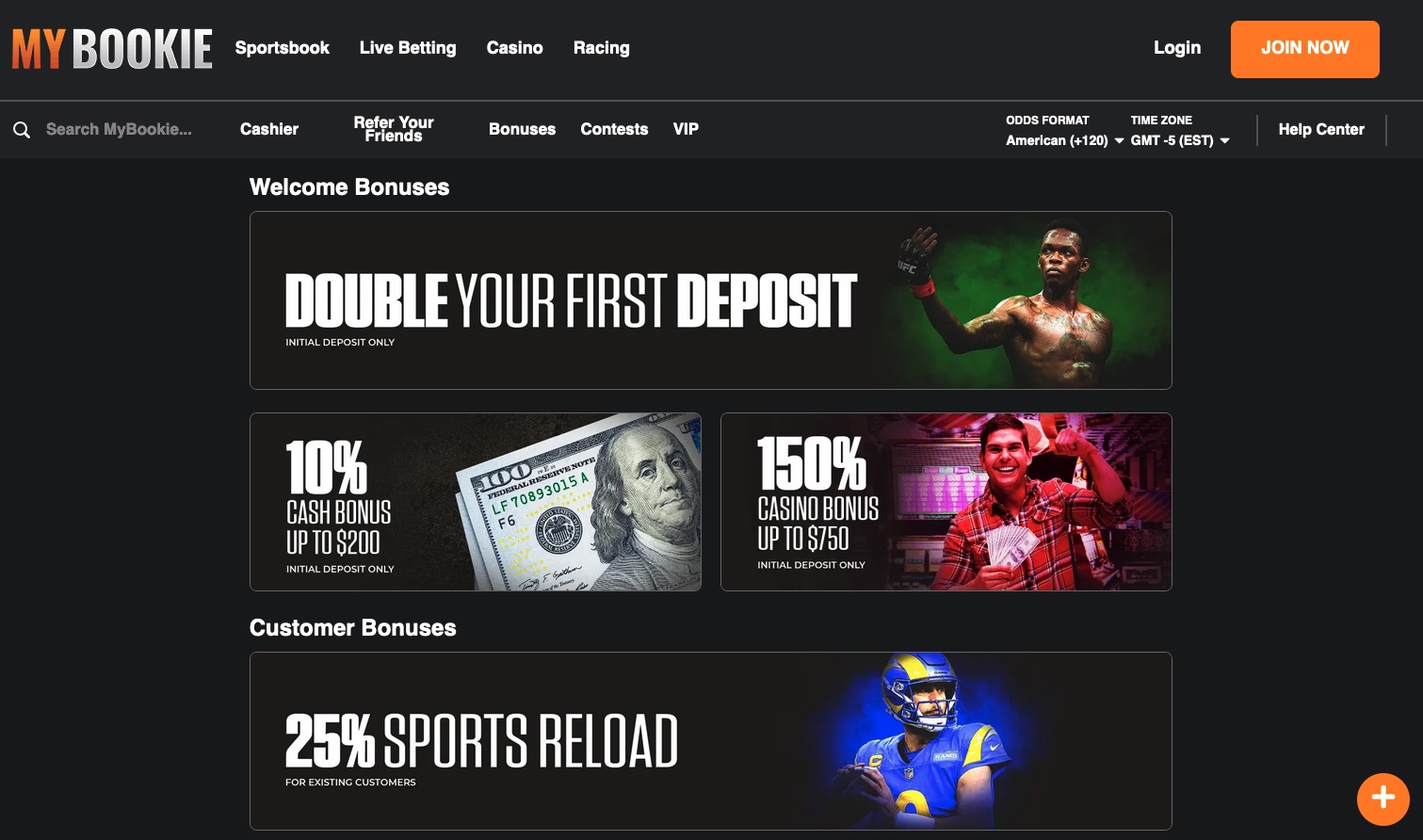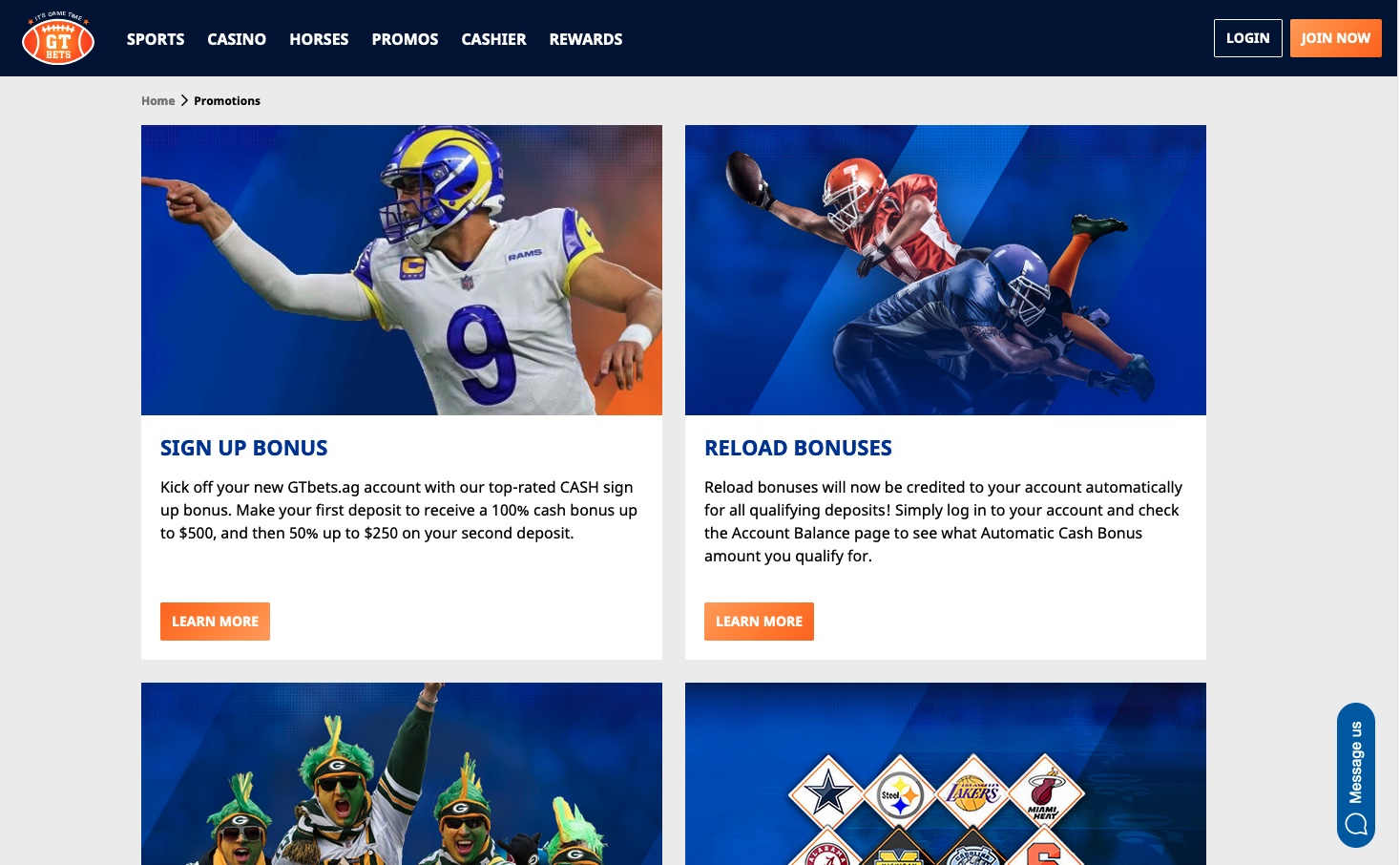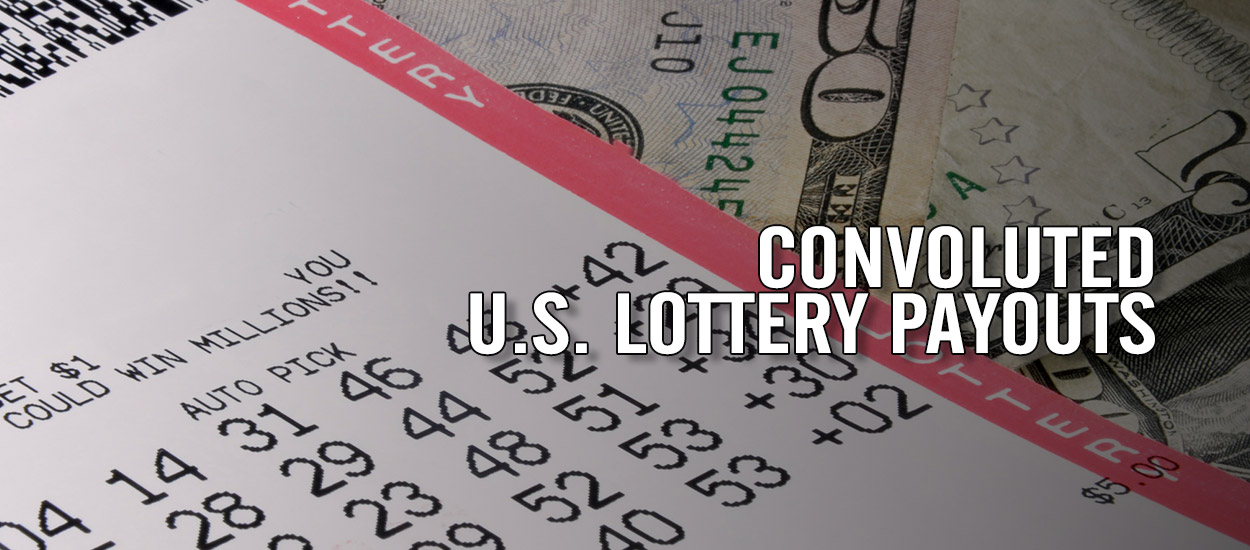On Tuesday Canadian customers of Matchbook.com received a letter from the company telling them that the Matchbook will no longer be catering to the Canadian market. The news has many Canadian bettors wondering what exactly is happening and which online gambling companies will be next to leave the market. Last year Skrill/Moneybookers stopped processing gambling payments for Canadians and this year several sportsbooks including Bet365 stopped their advertising and sponsorships in Canada. For a few years Bet365 via their .net site was not only advertising frequently but they also sponsored a Sunday NFL radio show in Toronto and were the official sponsors of the Canadian Football League. The question that many are asking is what is precipitating these moves? There is much speculation but Matchbook refused to respond to my emails other than to say it was a management decision and Skrill provided a similar response when they withdrew. It is fairly obvious that the increasing hassle of dealing with Canadian banks for such a small percentage of their clientele and the desire to operate in New Jersey was the main reason that Skrill decided to abandon the Canadian grey market.
I spoke to Michael D. Lipton, a Canadian gaming lawyer and industry expert and asked him why he suspects companies are withdrawing from Canada. Lipton indicated he did know the reason for the withdrawal by Skrill and Matchbook but wasn't at liberty to give specifics. He did state however say that whenever he receives an inquiry from any gambling operator that wants to cater to the Canadian market, he informs them that the Canadian laws are very specific and they need to consider risk/reward before they take the plunge.
"The law is clear in Canada," Lipton said, "only provincial governments can run online gambling. If these offshore operators tried to set up a physical location in Canada and offer their products to Canadian citizens they would almost certainly be charged." The one glaring exception to that rule is what's happening on the native reserves. The Mohawks in Kahnawake claim that they are sovereign and hence are not subject to Canadian gaming law and consequently host various offshore gambling companies which offer their products on the Mohawk International Technologies servers. But native rights issues are nothing new to North America. The same reason has been used by many native groups in the U.S. for allowing gambling on their reserves and for the most part U.S. authorities leave the reserves alone. To date no one in the government has challenged Kanhawake's sovereign rights although the police have visited the reserve without incidence. Right now several companies including Bovada.lv, Sportingbet.com and Sportsinteraction.com are providing services from the servers in Kahnawake.
That said the laws in Canada are quite clear compared to the United States. The law is covered in Section VII of the Canadian Criminal Code and essentially says the following: It is illegal for someone to take wagers, supply gambling information or run pools or lotteries with the following exceptions:
- Pari-mutuel horse racing
- Lotteries owned by the provincial governments or run by charities
- Private wagers placed between 2 individuals who are not involved in the betting industry. (The amount is irrelevant. So if two friends bet $100,000 on a football game, the bet is legal).
- Betting information provided for media outlets
- Sports pools that do not have a fee attached to them
- Sports betting on multiple outcomes in a "lottery scheme"
- Casinos owned or commissioned by the provincial governments
It should be noted that all laws on the Canadian books relate only to those in the gambling industry. There is no law that can charge the bettors themselves, so there is absolutely nothing illegal about a Canadian bettor wagering with an offshore sportsbook.
For the most part police have not tried to arrest anyone in Canada for illegal gambling although in February of 2013 the police raided a super bowl party in Markham, Ontario and arrested 6 individuals associated with the Costa Rican website PlatinumSB.com. Following the arrests the RCMP seized the PlatinumSB.com website and put up a notice "restrained by a court order" although PlatinumSB restarted under a different domain out of reach to the RCMP shortly after. The police called PlatinumSB's owners a part of organized crime and were clear that the general public were not invited to the Super Bowl party.
"I want to be clear that this event last night was not open to the public," Supt. Paul Pedersen told reporters at a news conference after the raid. "Only those invited by the organizers of this criminal enterprise could attend."
No doubt that raid caused some concern for some offshore operators although the vast majority of them understand it would be ignorant to host a party on Canadian soil and take bets in Canada, in clear violation of Canadian law.
Lipton suggested that to date Canada has not had the desire or resources to try and actually target offshore operators but said that there may be a bit more interest now that all provinces are set to offer online gambling and don't want competition from offshore operators. Currently BC, Manitoba and Quebec offer online gambling including poker, casino games and multi game sports betting and Ontario is set to offer online gambling at any time. Moreover a law has already passed parliament (but was temporarily nixed by the Senate) that will allow single game sports betting and BC made a preemptive move by hiring Paddy Power to run the single game sports betting if and when the law changes. Should the government decide to target offshore operators, Lipton suggested that they would likely go after the "low hanging fruit," meaning any owners or management that lives in Canada or any easily obtained assets on Canadian soil.
Some politicians have even been so bold as to suggest that offshore operators are the reasons for poor sales of legal gambling products in Canada. Brent Scrimshaw, the President and CEO of the Atlantic Lottery Corporation blamed Bet365 for poor sales of the proline sports lottery in Atlantic Canada and demanded that they stop advertising their products in Canada. He also indicated he would prefer to see them shut down.
"Unlike Atlantic Lottery, these offshore, unregulated and illegal sites do not operate with responsible gaming as part of their DNA," Scrimshaw said to the media, "they do not have a stake in the well-being of Atlantic Canadians." Of course Scrimshaw failed to indicate that if those in Atlantic Canada could bet single game sports and/or if the hold wasn't 40% or more that far more sports bettors would play with the lottery.
 Others I spoke to, however, said that in their opinion Canada is not interested in offshore operations and there is no movement or desire to target offshore operators because they don't want to deal with possible violation of trade agreements.
Others I spoke to, however, said that in their opinion Canada is not interested in offshore operations and there is no movement or desire to target offshore operators because they don't want to deal with possible violation of trade agreements.
"The government in Canada respects international trade agreements and hence they haven't targeted online gambling operators. They understand that the internet is truly international and Canada has been screwed many times by other countries and particularly the U.S. who have refused to abide by negotiated treaties," one analyst who asked not to be named told me. He also pointed to the infamous WTO case where the United States failed to abide by a decision made by the WTO that required them to offer gambling services from the island of Antigua and said that Canada was one of the countries that asked for trade concessions from the U.S. for being wronged.
"How hypocritical would it be for Canada to demand compensation from the United States because it failed to live up to a trade agreement over gambling and then try and block other sovereign countries from doing the same thing from their own lands?"
Yet others are suggesting that the issue has nothing whatsoever to do with Canada and the moves are a result by pressure from the United States. At the GIGSE conference in San Francisco a common theme throughout the conference was the suggestion that the United States had to do something about offshore gambling because it was hurting igaming in the United States. Several speakers suggested that offshore websites were the reason that revenues for the various legal poker sites in New Jersey were doing so poorly. The New Jersey Division of Gaming Enforcement threat was enough to convince Bovada and Merge to geo-target players in New Jersey and block them from playing at their poker sites. Some analysts believe that the DoJ is targeting Canada since so many Americans are still playing offshore despite numerous impediments put on them to funding accounts and in the DoJ's estimation the only way they can possibly be doing this is with Canadian addresses.
Then again some are truly suggesting that Matchbook's reason for withdrawing is purely a strategic one. I spoke with someone who has a vast knowledge of all offshore operations and he said that Matchbook's growing customer base is in Europe and Asia. The company was bought from WSEX by UK owners a few years back and it wasn't long after that they withdrew their services from the U.S. market.
"Canada is virtually nothing to Matchbook so it makes more sense for them to focus all their efforts in the Eastern Hemisphere. They probably looked at their customer base, looked at some of the chatter in Canada and decided they just didn't need the hassle. Also who knows? Maybe they are planning on expanding to a country in Asia, Australia or Europe who demanded they withdraw from all grey markets before getting a license."
We'll likely never know the exact reason why Matchbook withdrew from Canada but the news has caused many tongues to start wagging. One thing is certain. Right now Canadians still have many options for offshore gambling and for funding offshore accounts and that won't change without a fight from the millions of Canadian bettors and lobby groups like the Canadian Gaming Association.
Read insights from Hartley Henderson every week here at OSGA and check out Hartley's RUMOR MILL!







































